Artificial Intelligence (AI) in Healthcare: A Boon or Bane?
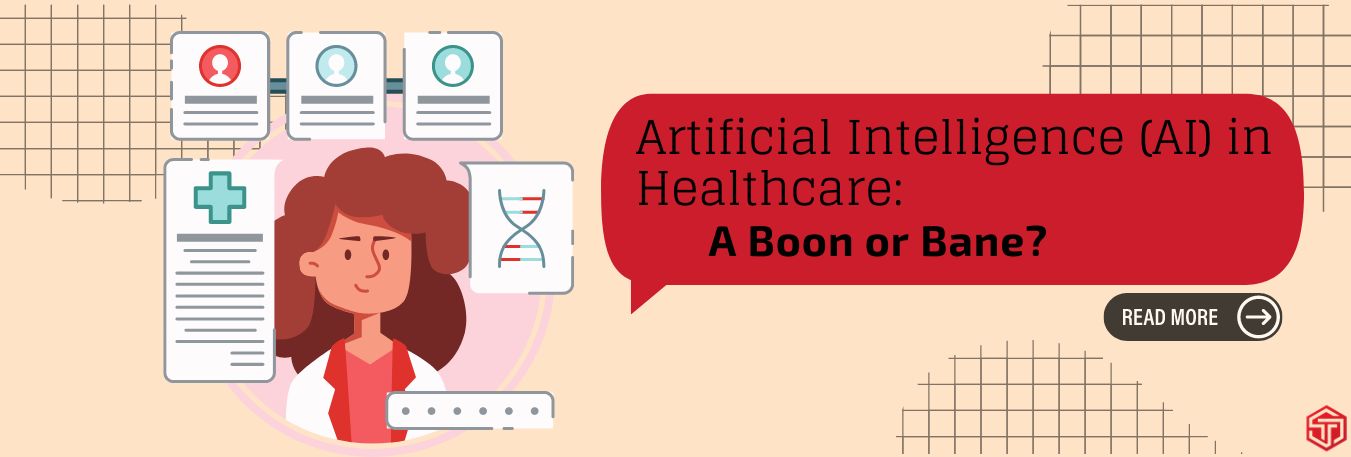
Artificial Intelligence (AI) has emerged as a transformative force across various industries, and the healthcare sector is no exception. The integration of AI technologies holds immense potential to revolutionize healthcare delivery, improve patient outcomes, and enhance operational efficiency. However, like any disruptive innovation, AI in healthcare presents its own set of challenges and concerns. So, is AI a boon or a bane for the healthcare industry? Let's explore both sides of the coin.
Boon: Advantages and Opportunities
- Improved Diagnostics and Decision-Making: AI algorithms can analyze vast amounts of patient data, including medical records, lab results, and imaging studies, to assist healthcare professionals in making accurate and timely diagnoses. Machine learning algorithms can detect patterns and anomalies that may be difficult for humans to identify, leading to more precise diagnoses and personalized treatment plans.
- Enhanced Efficiency and Productivity: AI-powered systems can automate routine administrative tasks, such as data entry, appointment scheduling, and billing, freeing up healthcare professionals' time for more valuable patient interactions. AI can also streamline workflows, optimize resource allocation, and improve operational efficiency, ultimately reducing healthcare costs.
- Predictive Analytics and Early Intervention: AI algorithms can analyze patient data to identify patterns and predict disease progression. This enables proactive interventions and preventive care, potentially reducing hospital admissions and improving patient outcomes. Early detection of diseases such as cancer and cardiovascular conditions can significantly increase survival rates.
- Personalized Medicine: AI algorithms can analyze an individual's genetic, clinical, and lifestyle data to tailor treatment plans and therapies. This enables precision medicine, where treatments are customized based on a patient's unique characteristics, improving treatment effectiveness and minimizing adverse effects.
- Remote Monitoring and Telehealth: AI-powered devices and applications can enable remote patient monitoring, allowing healthcare providers to track patients' vital signs, medication adherence, and overall health status. Telehealth platforms can facilitate virtual consultations and enable remote access to healthcare services, particularly in underserved areas or during emergencies.
Bane: Challenges and Concerns
- Data Privacy and Security: The use of AI in healthcare relies on vast amounts of patient data. Safeguarding this data from breaches, unauthorized access, and misuse is crucial. Healthcare organizations must ensure robust security measures and adhere to strict privacy regulations to protect patient confidentiality.
- Ethical Considerations: AI systems must adhere to ethical principles to ensure unbiased and equitable decision-making. Issues such as algorithmic bias, transparency, accountability, and the potential for AI to exacerbate existing healthcare disparities need careful consideration and regulation.
- Limited Human Interaction: While AI can automate tasks and improve efficiency, it may also lead to reduced human interaction, which is an essential component of healthcare. Patient-doctor relationships, empathy, and the ability to interpret complex emotions may be compromised in AI-driven healthcare settings.
- Regulatory and Legal Challenges: The rapid advancement of AI technology poses challenges for regulatory bodies in keeping pace with emerging applications. Clear guidelines and standards are necessary to ensure patient safety, data protection, and accountability.
- Reliability and Validation: AI algorithms need rigorous testing and validation to ensure accuracy, reliability, and consistency. Adequate validation studies and real-world evidence are crucial before widespread implementation of AI systems in healthcare.
Conclusion
AI holds immense promise for the healthcare industry, offering improved diagnostics, personalized medicine, and operational efficiency. However, challenges related to data privacy, ethics, regulation, and human-machine collaboration must be addressed to ensure responsible and beneficial integration of AI in healthcare. Striking the right balance between AI technology and human expertise is key to harnessing its full potential and realizing its benefits while upholding patient privacy, equity, and trust. With careful consideration, AI can indeed be a boon for the healthcare industry and pave the way for transformative advancements.
Trending now

Why do medical devices need FDA approval?
Blog
Top 10 HR Compliance Challenges in USA
Blog
Medical Device Regulations in the USA
Blog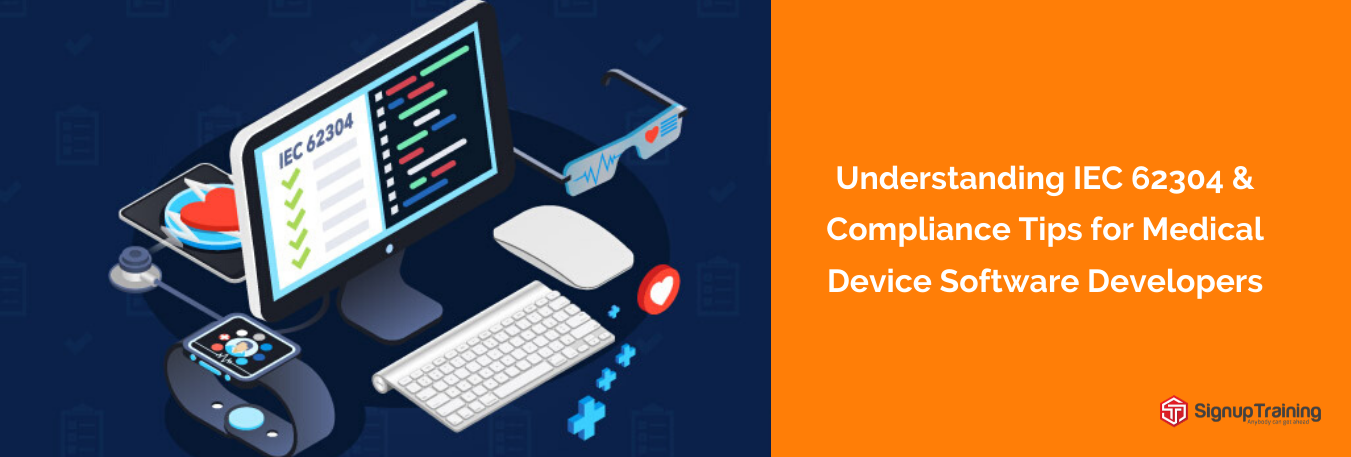
Understanding IEC 62304 & Compliance Tips for Medical Device Software Developers
Blog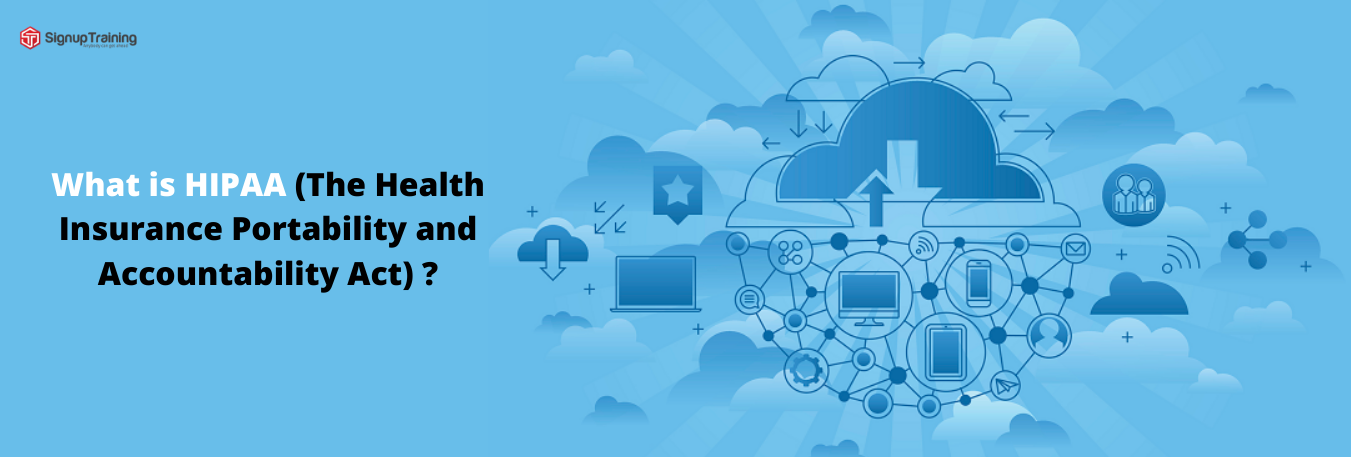
What is HIPAA (The Health Insurance Portability and Accountability Act) ?
BlogFDA Steps to Ensure Quality of Foreign Products
Blog
6 Skills that Make for a Great Human Resources Manager
Blog
Why do we have OSHA Regulations?
Blog21 CFR part 11 compliance - key factors that every FDA regulated business should know
BlogWhy is 21 CFR Part 11 Compliance Important?
BlogWhat are the Key Factors (Essentials) for 21 CFR Part 11 Compliance?
BlogFDA Regulated Firms Must Ensure Part 11 Compliance to Generate Accurate and Usable Data
Blog
Know how to Survive an OSHA Audit
Blog
Top 5 Job Opportunities in Biotechnology
Blog
5 Key functions of HR Management
Blog
Cybersecurity Threats Upcoming in 2023
Blog
Why Should You Learn About OSHA's Guidance on Substance Abuse Testing?
Blog
Importance of SOPs in the Pharmaceutical Industry
Blog
Non-Compliance on 1099 Filing: Consequences and Best Practices
Blog
Artificial Intelligence (AI) in Healthcare: A Boon or Bane?
Blog.jpg)
How to Ensure Compliance with the I-9 Form: A Guide for Human Resources
Blog
Effective OSHA Audit Observations and Best Practices
Blog
How to Land Your Dream Job in Accounting: Top Tips and Career Options
Blog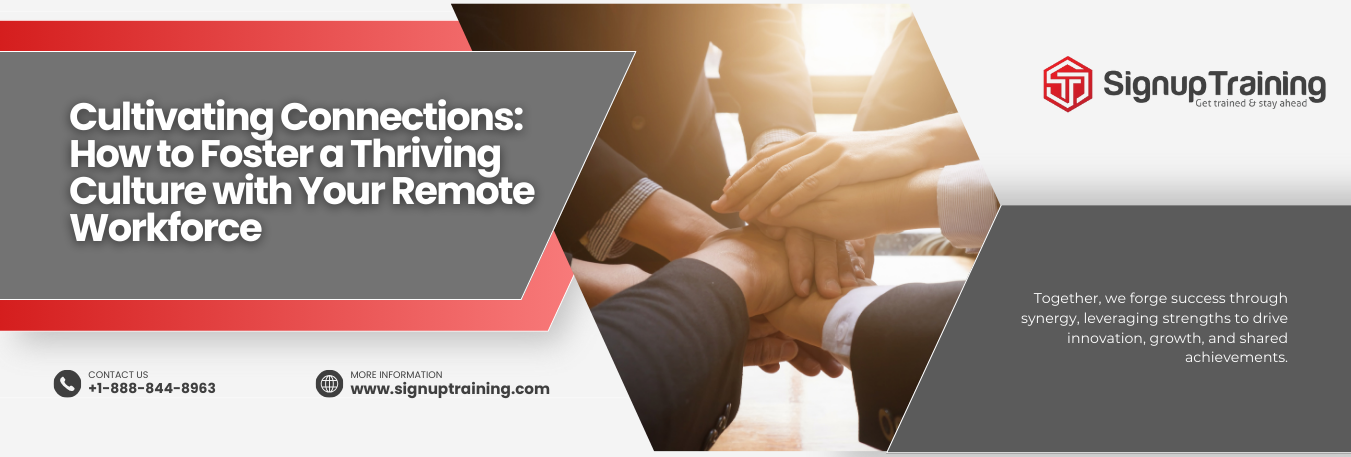
Cultivating Connections: How to Foster a Thriving Culture with Your Remote Workforce
Blog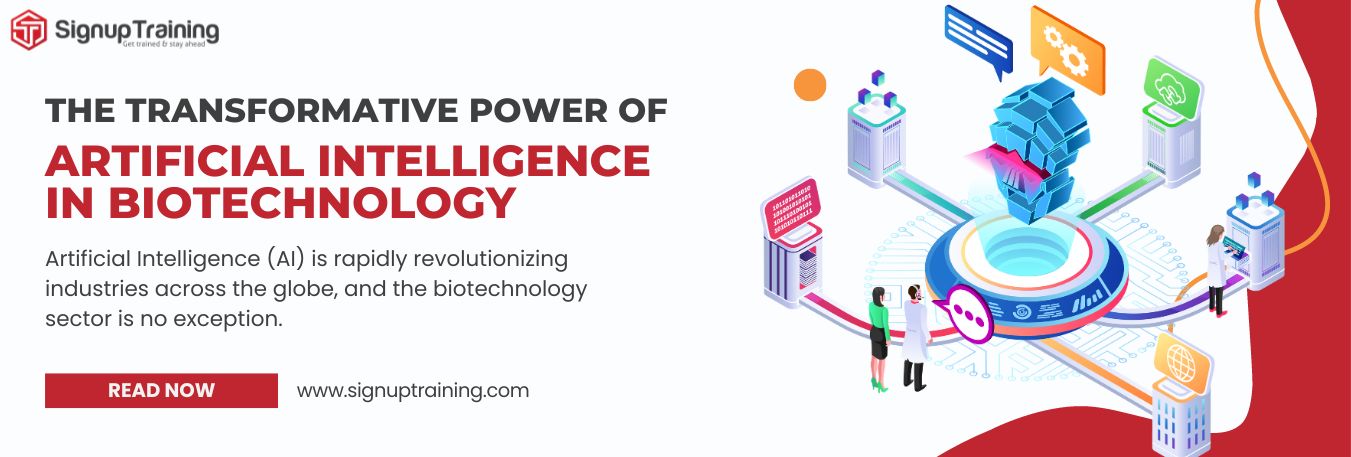
The Transformative Power of Artificial Intelligence in Biotechnology
Blog.png)
6 Steps to Building an Effective Hazard Communication Program (EHS)
Blog